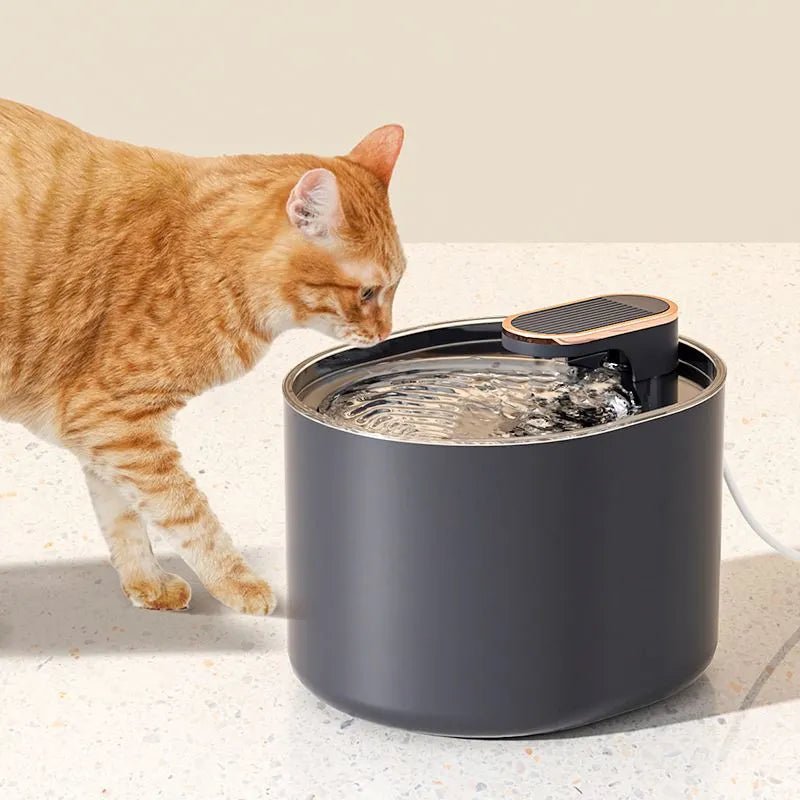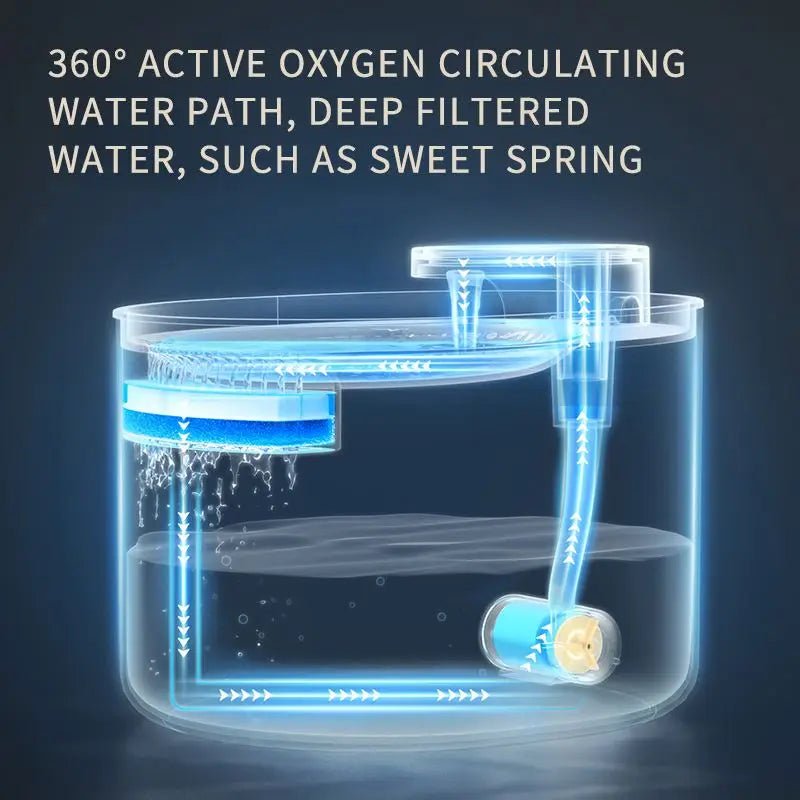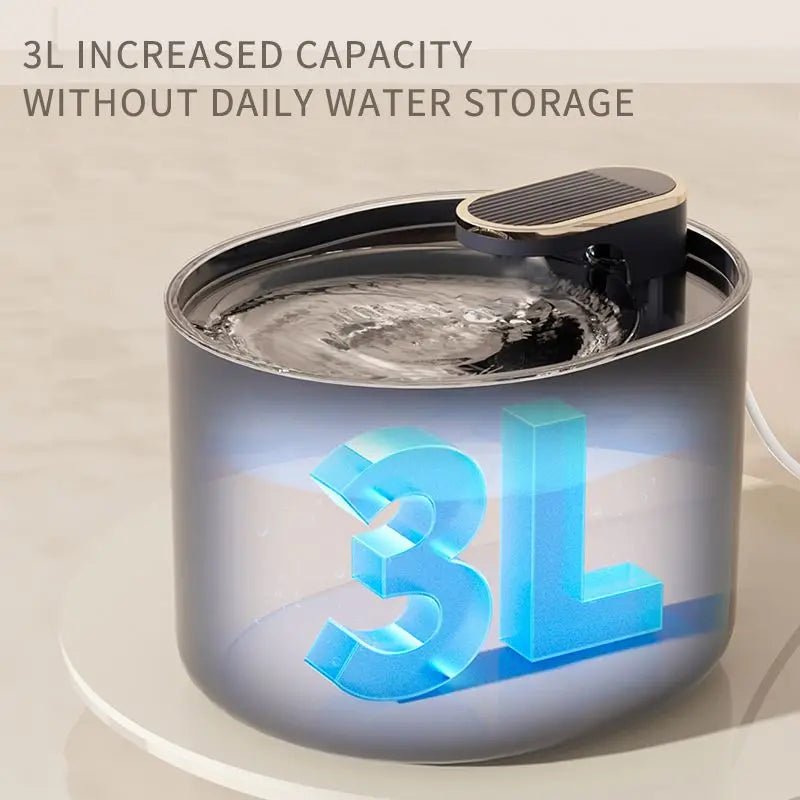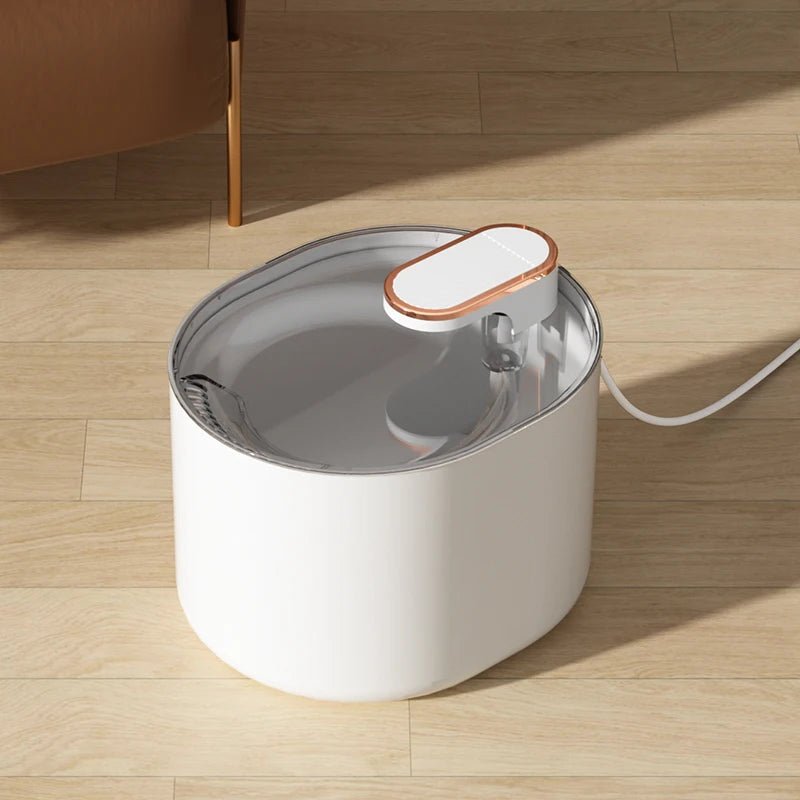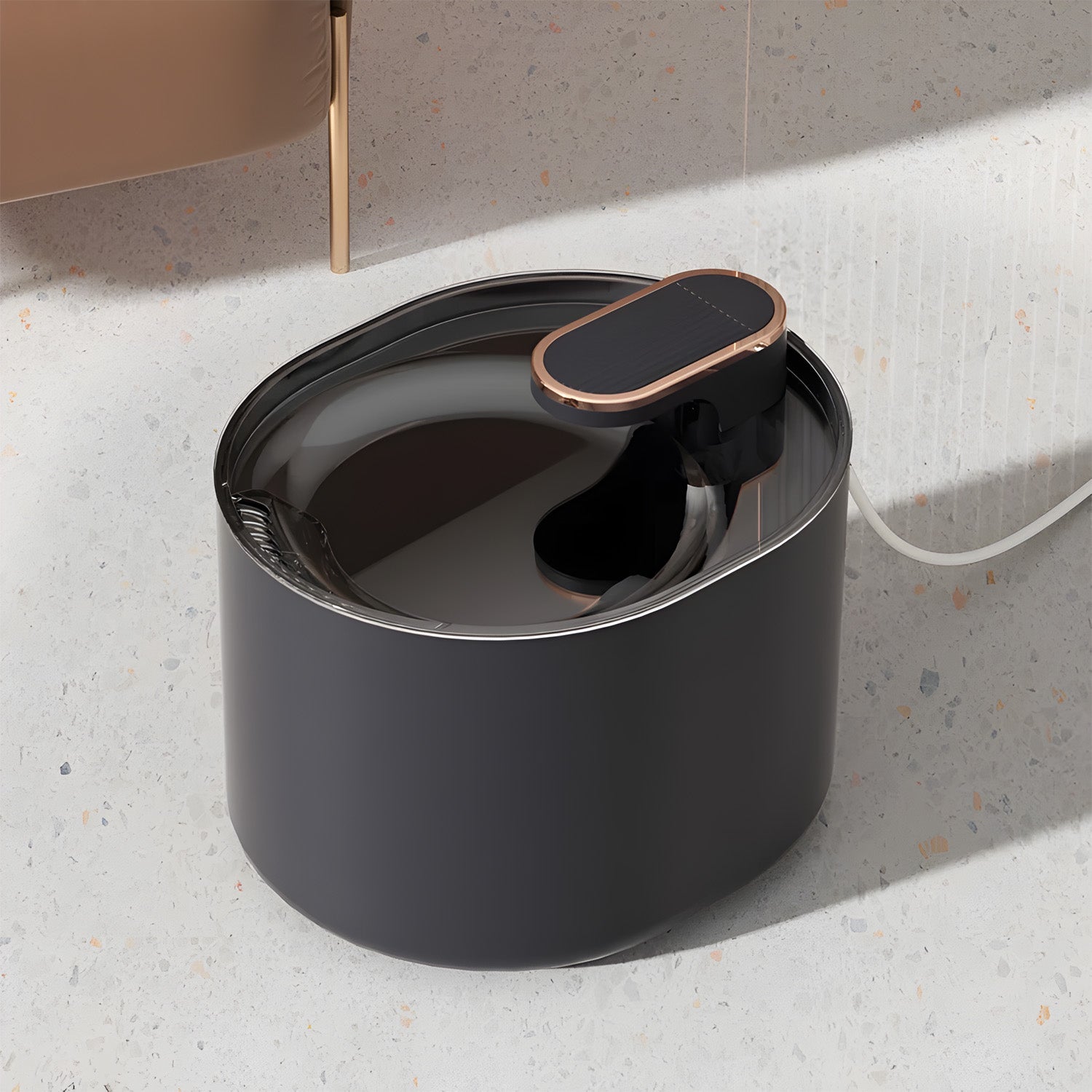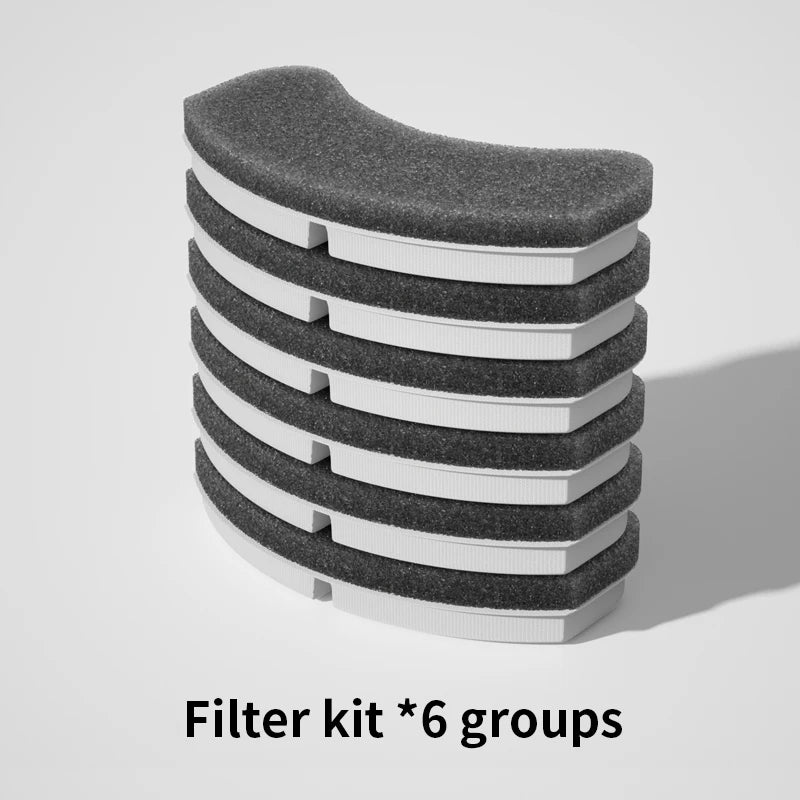Choosing the right cat food is one of the most important decisions you'll make as a pet owner. Your cat's diet plays a crucial role in their overall health, energy levels, and longevity. With so many options available on the market, it can be overwhelming to know where to start. That's why we've put together this comprehensive guide to help you navigate the world of cat food and make informed choices for your furry friend.
- Understand Your Cat's Nutritional Needs:
Before diving into the specifics of cat food, it's essential to understand your cat's nutritional requirements. Cats are obligate carnivores, which means they require a diet rich in animal protein to thrive. In addition to protein, cats need essential vitamins, minerals, fatty acids, and water to maintain optimal health.
- Types of Cat Food:
There are several types of cat food available, each with its own pros and cons. The main options include dry food (kibble), wet food (canned), and raw or homemade diets. Dry food is convenient and has a long shelf life but may lack moisture and contain fillers. Wet food is more hydrating and often more palatable for cats but can be more expensive and spoil more quickly. Raw or homemade diets offer complete control over ingredients but require careful preparation to ensure balanced nutrition.
- Reading Ingredient Labels:
When selecting cat food, it's essential to read and understand the ingredient labels. Look for high-quality protein sources such as chicken, turkey, or fish listed as the first ingredient. Avoid foods containing fillers, by-products, artificial preservatives, and additives. Opt for products that are free from artificial colors, flavors, and unnecessary fillers.
- Consider Your Cat's Age, Activity Level, and Health Needs:
Your cat's age, activity level, and health status should also influence your choice of cat food. Kittens require diets rich in protein and calories to support their rapid growth and development. Adult cats may benefit from weight management formulas or foods tailored to specific health concerns, such as urinary tract health or dental care. Senior cats may require diets formulated for aging cats with joint support and reduced calorie content.
- Transitioning to a New Food:
When transitioning your cat to a new food, it's essential to do so gradually to avoid digestive upset. Start by mixing a small amount of the new food with their current food and gradually increase the proportion over several days. Monitor your cat's appetite, stool quality, and overall well-being during the transition period.
- Monitor Your Cat's Response:
Once you've chosen a cat food, it's essential to monitor your cat's response to ensure it's a good fit. Look for signs of optimal health, including a shiny coat, bright eyes, healthy weight, and consistent energy levels. If you notice any changes in your cat's health or behavior, consult your veterinarian for guidance.
In conclusion, choosing the right cat food is a critical aspect of responsible pet ownership. By understanding your cat's nutritional needs, reading ingredient labels, and considering factors such as age and health status, you can make informed choices that support your cat's overall health and well-being. Remember, a healthy diet lays the foundation for a happy and thriving feline companion.




